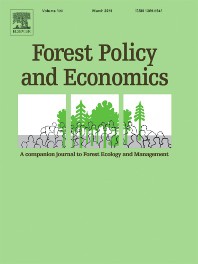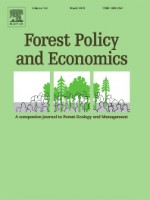The (Post)Politicisation of Timber Trade: (Un)Invited Participation in the EU-Vietnam Voluntary Partnership Agreement

This article analyses the Voluntary Partnership Agreement (VPA) between the European Union (EU) and Vietnam as a form of postpoliticisation. In addition to their primary objective the governing of bilateral timber trade value chains, VPAs also entail an element of democratisation, as they are conditional upon stakeholder and civil society participation. Building on poststructuralist discourse-theory (PDT) and Erik Swyngedouw's notion of ‘the postpolitical condition’, this article asks how (un)invited non-state actor participation in the EU-Vietnam VPA discursively (re-)articulates and (de)politicises problems and solutions. The article finds that invited participation in Vietnam was characterised by consensual and technocratic governance practices and a discursive foreclosure of problems and solutions. The VPA's consensual space was ruptured by uninvited participation by several Cambodia NGOs, who questioned the VPA's rationalistic logics of legality verification and certification for imported timber products. These concerns were dismissed as nonsensical by the EU, demonstrating the postpolitical discursive foreclosure for non-state actor engagement. The research is based on 33 interviews with respondents in Vietnam and Europe as well as a document analysis of the VPA text and annexes, EU communications, NGO advocacy materials and media appearances by Cambodian NGOs.





